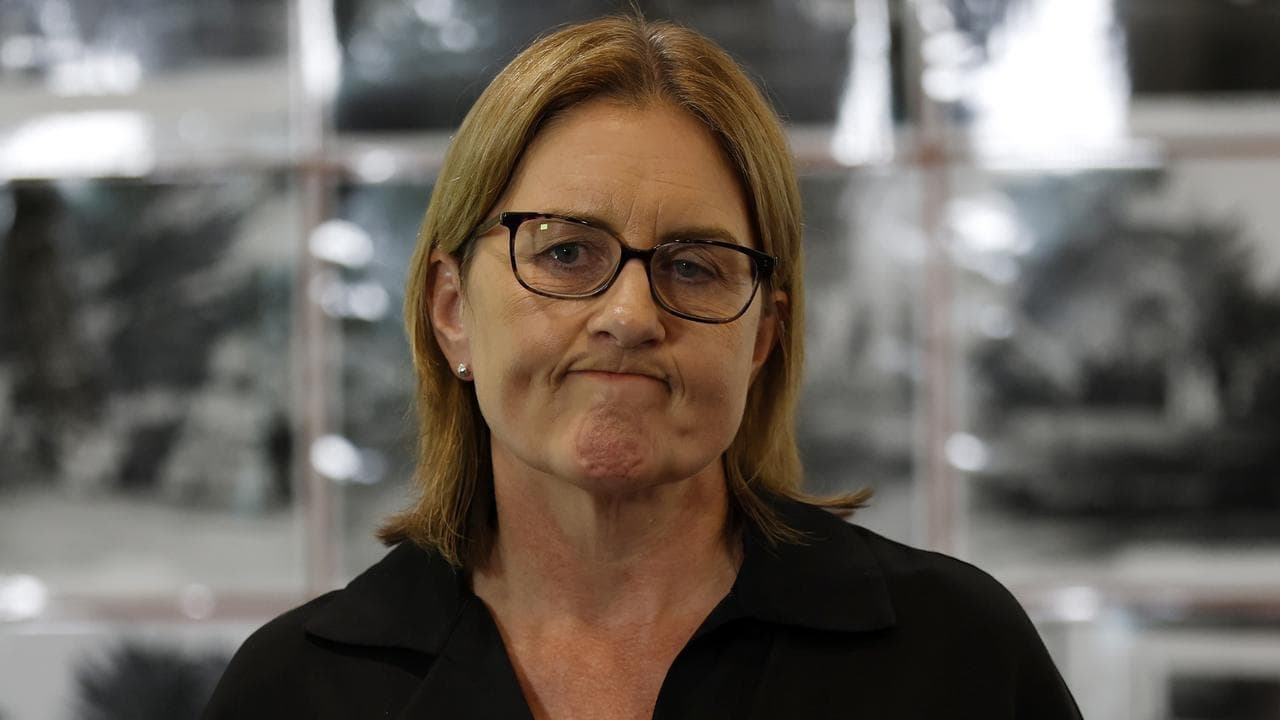WHAT WAS CLAIMED
Australia’s therapeutic goods regulator has approved a new weight loss treatment.
OUR VERDICT
False. No such medication has been approved or endorsed by the regulator, and a video purporting to show its effects has been manipulated using AI.
AAP FACTCHECK - A self-described "health and wellness" social media page seeking to capitalise on the popularity of the diabetes drug Ozempic is spruiking a weight loss product that it falsely claims has been certified by the Australian medicines regulator.
The Therapeutic Goods Administration (TGA) has confirmed it has not approved the product.
A Facebook post from "Everyday Vitality Australia" includes a video and testimonial from a Dr Rachel Kim and a Dr Emily Turner - described as "senior physicians at a leading hospital in Sydney".

Two women depicted at the beginning of the short video are shown at the end with a significantly slimmed-down appearance, supposedly two months after taking the product.
"We tried countless diets and supplements, but nothing truly worked—until we discovered PEAKA SIX-IN-ONE Oral Liquid, proudly made in Australia and TGA certified," the Facebook caption reads.
It goes on to claim various benefits of the liquid and repeats the false claim that it's "Australian-made, TGA certified".
The TGA said claims that it has approved the products are nonsense.
"The product 'PEAKA GLP-1 SIX-IN-ONE' is not included in the Australian Register of Therapeutic Goods," a spokesperson for the agency told AAP FactCheck.
"PEAKA SIX-IN-ONE Oral Liquid balance has not been assessed by the TGA and has not been authorised by the TGA," they added.
The spokesperson noted that under the Advertising Code, product owners cannot use terms such as "certified by the TGA" in therapeutic goods advertising, labels or packaging.
GLP-1 is a naturally occurring hormone that helps regulate blood sugar and appetite.
GLP-1 medications such as Ozempic and Wegovy are now widely marketed to help treat obesity, but there has also been a rise in companies selling unauthorised supplements or treatments.

The Guardian has reported a surge in retailers masquerading as Australian businesses trying to sell GLP-1 style medications, and sometimes stealing people's identities. NBC News also has reported on the misleading nature of some GLP-1 supplements.
Another post claims it was approved by the American Food & Drug Administration but there's no sign of it in the database.
The image of the two women in the post's video has been taken from elsewhere online and also appears to be digitally manipulated, using artificial intelligence (AI) or other means, to suggest weight loss.
The original image appeared in a LinkedIn post earlier this year from a US health care company celebrating National Certified Nurses Day, and shows the same two women, thinner and in more detail than in the video (in the fourth image).
Several people have also commented on the LinkedIn post that the image is being used for scams elsewhere.
Neither a Dr Rachel Kim nor a Dr Emily Turner based in Sydney is registered on the Medical Board of Australia's Register of Practitioners.
The video itself bears hallmarks of being manipulated by AI, with the women lacking the details seen in the still image and moving awkwardly, and smoothness and lack of clarity in the "before" shot.
The same video can also be seen used to promote other weight loss products with different names, with one describing the women as "Mayo Clinic doctors" and another in German promoting weight loss products.

The profile photo of the Facebook page for the website promoting the product features an image of smiling people standing in front of a logo for the Weight Management Institute Perth, but it also appears to have been created by AI, with the telltale sign of gibberish lettering on staff uniforms.
Endocrinologist Dr Imran Badshah, founder of the Weight Management Institute in Perth, told AAP FactCheck he had no link with Everyday Vitality Australia and had never heard of or endorsed the weight loss product being promoted.
The TGA spokesperson said the agency actively monitors social media for content that violates its policies and false advertising can be reported via its online portal.
AAP FactCheck has also debunked previous claims about weight loss patches being sold online and the TGA's identity being spoofed on Facebook.
AAP FactCheck is an accredited member of the International Fact-Checking Network. To keep up with our latest fact checks, follow us on Facebook, Instagram, Threads, X, BlueSky, TikTok and YouTube.












